U.S. still looking at ways to create a challenger to Huawei for 5G gear
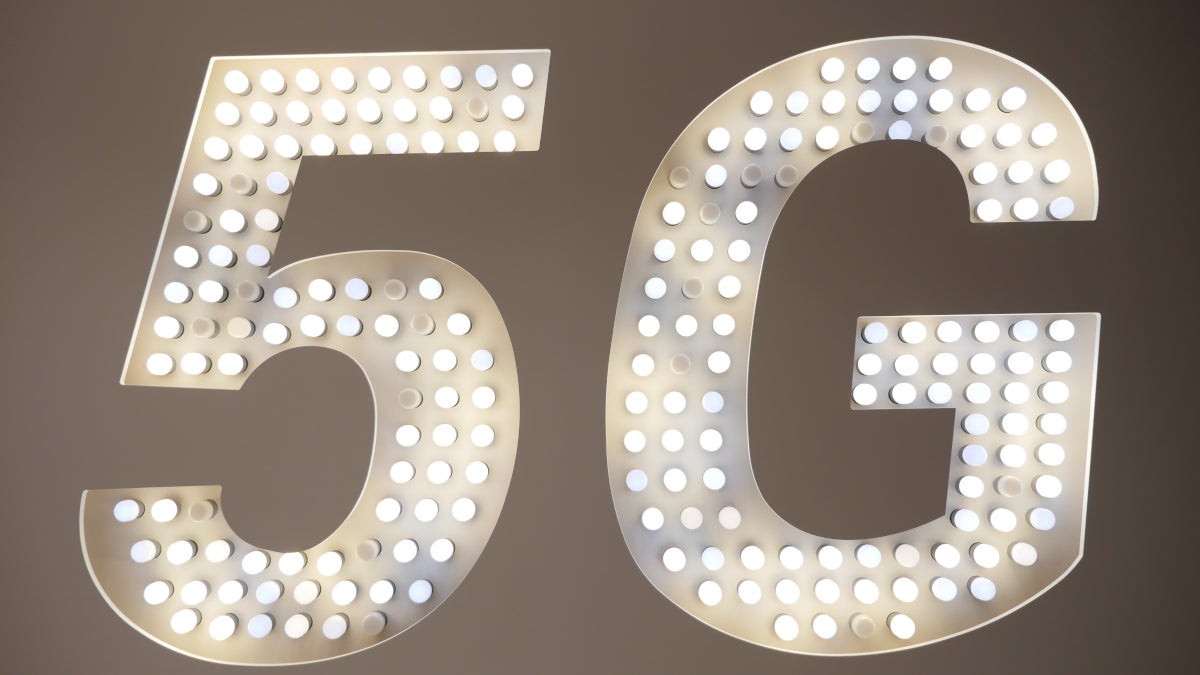
According to the Wall Street Journal, the U.S. considers Huawei to be an itch that it can't scratch. Even though Huawei's 5G networking equipment is already not welcome in the U.S., that is only part of the problem. The company, as the U.S. has already discovered and the U.K. is now discovering, has a technology lead over its rivals which makes it hard to replace. The U.S. has tried to persuade networking firms like Cisco and Oracle to get involved, but to no avail. The Journal reports that the administration has spoken with Cisco in an attempt to get the nearly $200 billion company to buy one of Huawei's rivals like Nokia or Ericsson.
Ericsson says that it could replace Huawei's gear in England's 5G networks
Other ideas include providing tax breaks to Nokia or Ericsson. The latter has been gaining momentum thanks to its Massive MIMO (multiple-input multiple-output) technology that allows multiple signals to be sent from a cell tower to different receivers. The Journal says that MIMO "sends wireless signals in strong jets to different devices." Back in January, despite warnings from the U.S., British Prime Minister Boris Johnson decided to allow Huawei to supply Britain with some 5G networking equipment. Echoing the same frustration exhibited by the U.S., Johnson said at the time that he really didn't have a choice. But now the prime minister is rethinking his decision and Ericsson said the other day that it would be able to replace all of the equipment that Huawei provided the U.K. for its 5G network.
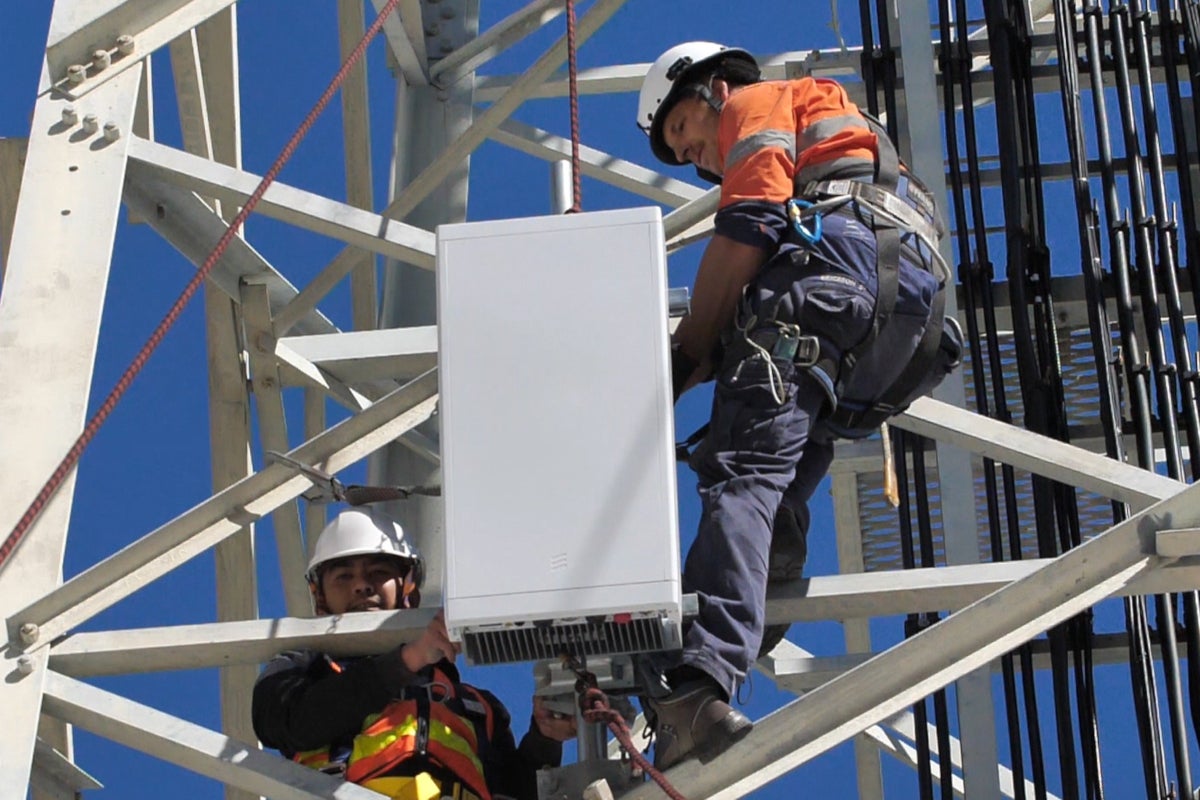
Ericsson engineers work on a cell tower
5G is the next generation of wireless connectivity and can deliver download data speeds up to ten times faster than 4G LTE. One of the most widely used examples points out that movies that take 15-20 minutes to download over 4G will take seconds to load over 5G. But there is much more to it than faster downloads. 5G will lead to the creation of new technologies and businesses similar to the way that faster 4G signals helped the rideshare business prosper.
The U.S. says that it has helped pave the way for 5G by speeding up auctions of spectrum and by making regulatory changes that prevent certain rules from slowing down the installation of 5G equipment. National Economic Council Director Lawrence Kudlow said, "Our government-wide project here in the Trump administration is very, very strong," Kudlow notes that suppliers in Europe have won several 5G contracts lately beating out Chinese firms like Huawei. The latter is the world's largest supplier of networking equipment but is considered by the U.S. to be a security risk because of its perceived ties with the communist Chinese government. According to research firm Dell’Oro Group, Huawei had a leading 28% share of the networking equipment market during the first quarter of this year. Most in the networking business agree that Huawei provides technologically superior equipment, and also sells it for a lower price; the Journal says that support from the Chinese government allows Huawei to sell its networking gear at a lower price than rivals. The company says that it does not receive any special treatment from Beijing.
While there are U.S. firms in the business, they are too small to compete with the major players in the industry. A group of telecom experts wrote a paper last year that said, "For the first time in modern history, the United States has not been the leader in an emerging wave of critical technology." The paper made its way to the White House where some pushed the idea of the U.S. investing in Nokia and Ericsson and perhaps even buying control of one or both companies. Private asset manager Cerberus Capital Management LP supported the plan until Nokia and Ericsson's stock prices starting rising.
Back in February, Attorney General William Barr said that he liked the idea of U.S. ownership of European companies that compete in the same space as Huawei. At the time, Barr said that such a plan would create "a more formidable competitor and eliminate concerns over its staying power." But companies like Nokia see it as a way to get the U.S. back into a technology that it stopped working on. Brian Hendricks, Nokia’s policy chief for the Americas said, "Some see this as an opportunity to facilitate the creation of an industrial base inside the United States. The U.S. has been out of the game for a while."
With talk of the U.S. investing in Nokia or Ericsson cooled down, Mr. Kudlow still brings up other ways that the U.S. can help these companies build out 5G networks in the states. "Nokia, Samsung and Ericsson, they’re still very much in the game and they’re adding to their presence in the U.S," he said. "We want them to move here and we might help them out" with special tax breaks. "We might pay some moving expenses, but that’s different than actual ownership."
Follow us on Google News


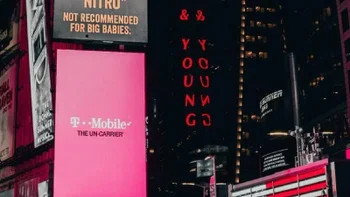
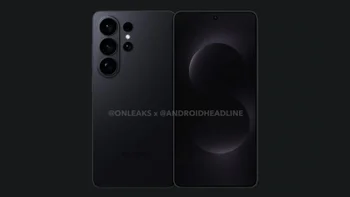
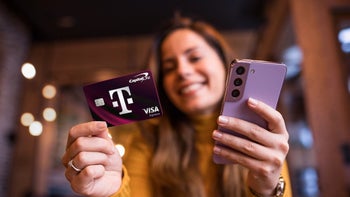

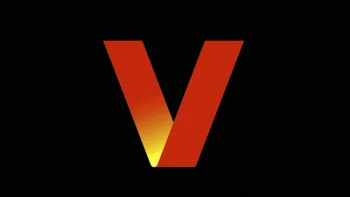
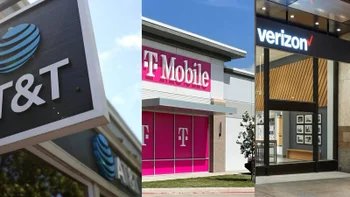
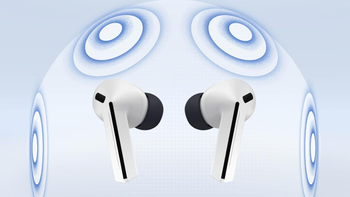





Things that are NOT allowed:
To help keep our community safe and free from spam, we apply temporary limits to newly created accounts: